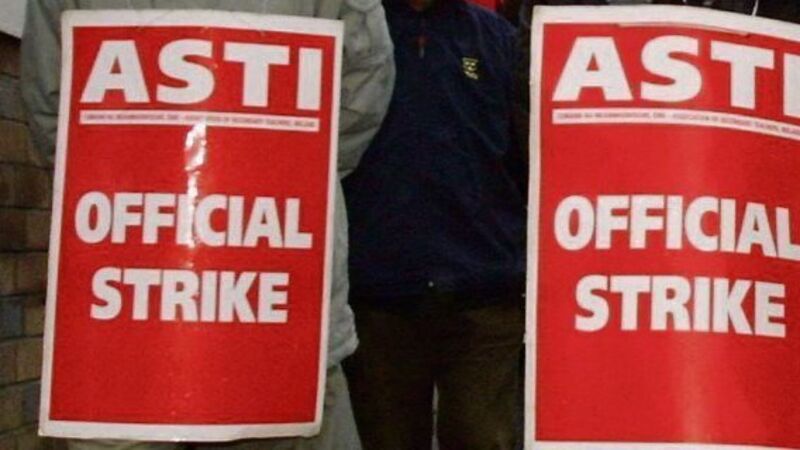Teachers strike: Five major talking points

ASTI, the largest union representing secondary level teachers, have said they are striking for equal pay.
Try from €1.50 / week
SUBSCRIBE1. Equal Pay for Equal Work
ASTI, the largest union representing secondary level teachers, have said they are striking for equal pay.
Already a subscriber? Sign in
You have reached your article limit.
Annual €130 €80
Best value
Monthly €12€6 / month
Introductory offers for new customers. Annual billed once for first year. Renews at €130. Monthly initial discount (first 3 months) billed monthly, then €12 a month. Ts&Cs apply.
CONNECT WITH US TODAY
Be the first to know the latest news and updates
Newsletter
Keep up with stories of the day with our lunchtime news wrap and important breaking news alerts.
Monday, February 9, 2026 - 5:00 PM
Monday, February 9, 2026 - 5:00 PM
Monday, February 9, 2026 - 5:00 PM
© Examiner Echo Group Limited